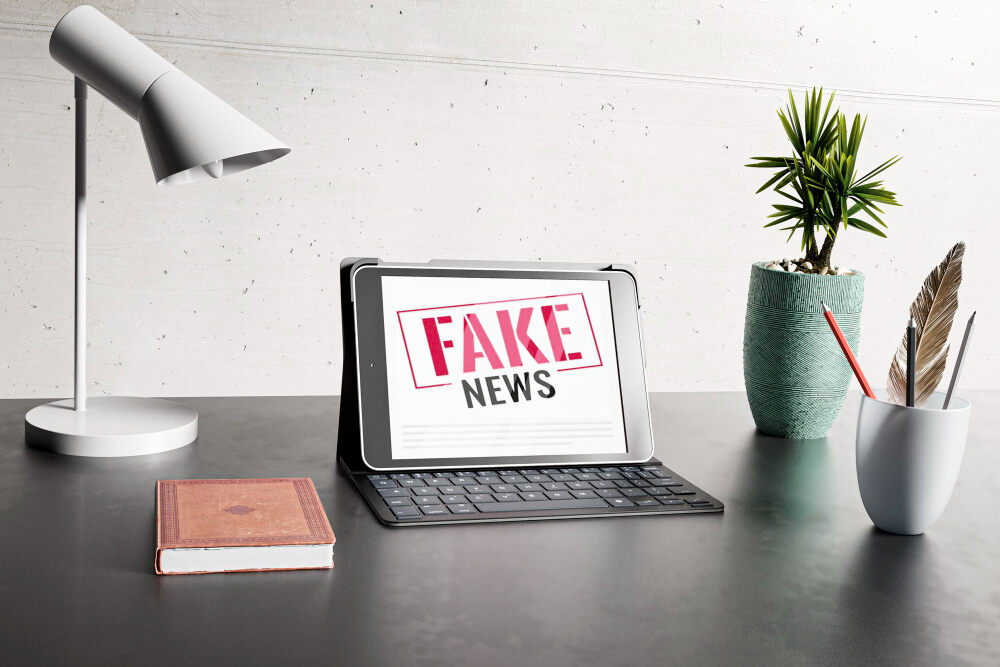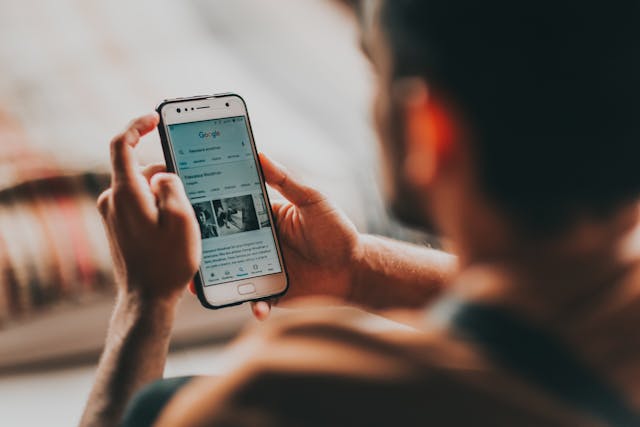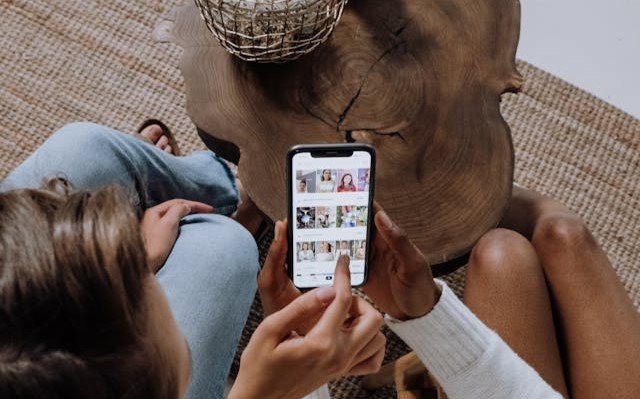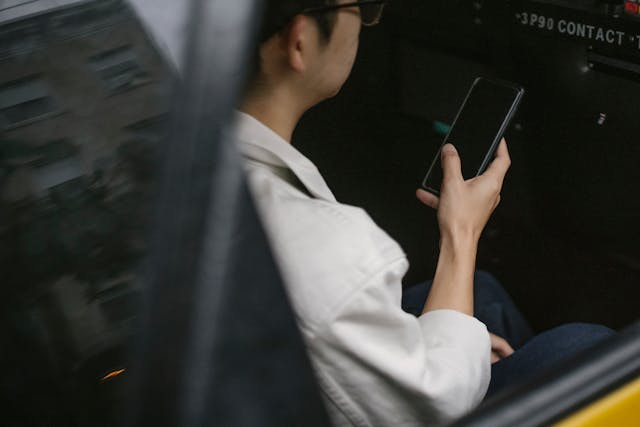Reality of Death Hoax Claims
A death hoax is a fake story about someone dying, often about famous people. These stories spread quickly on the internet and social media. This can make people worried and sad for no reason. For instance, many people might believe and share a fake celebrity death, causing confusion.
At IPRO, we know how these hoaxes can hurt people. Knowing how to spot a death hoax helps stop the spread of fake news. Therefore, it’s important to stay informed and not share false stories. Above all, recognizing a death hoax keeps everyone calm and well-informed.
What is a Death Hoax?
Concept of a Death Hoax
A death hoax is a false story that says someone has died when they are actually alive. These stories often involve famous people. For instance, you might hear a rumor that a popular singer has died, but it’s not true. In other words, it’s a lie that spreads quickly.
History of Death Hoaxes
Death hoaxes have been around for a long time. Before the internet, people spread these stories by word of mouth or newspapers. Now, they spread even faster on social media. For example, there have been many fake stories about actors and musicians dying. These stories can make people very upset.
Examples of Notable Death Hoaxes
One famous death hoax was about actor Paul McCartney. People said he died and was replaced by someone who looked like him. This was not true. Another example is about actor Jackie Chan. Many times, false stories about his death have spread online.
The Impact of Celebrity Death Hoaxes
Emotional
A celebrity death hoax can make people very sad and worried. When fans hear that their favorite celebrity has died, they might cry or feel upset. For instance, when a fake story about a famous actor’s death spreads, many fans feel like they have lost a friend. Therefore, it is important to check if the news is true.
Social
Celebrity death hoaxes also spread quickly on social media. People share the news with their friends, and soon everyone is talking about it. In other words, these fake stories can cause a lot of confusion. So, many people might believe the hoax and spread it even more.
Financial
Fake celebrity deaths can also hurt businesses. For example, if a famous musician is said to be dead, their concerts might get canceled. This means that the people who sell tickets, work at the venues, and the fans all lose money. Above all, false news can lead to big financial losses.
Why Do Celebrity Death Hoaxes Spread So Quickly?
The Role of Social Media
A celebrity death hoax spreads quickly because of social media. When someone shares a fake story, it can reach many people fast. For instance, if a person posts about a fake celebrity death on Twitter, many others might retweet it. So, the story spreads to more people. To monitor and manage such fast-spreading information, services like Security Information and Event Management (SIEM) in Dallas are crucial.
Viral Content
Content that goes viral spreads very fast. People love to share shocking news, even if it’s not true. In other words, a surprising story about a celebrity death can get shared many times. Therefore, the more people share it, the faster it spreads.
The Power of Likes and Shares
Social media platforms use likes and shares to show popular stories. When many people like or share a post, it appears on more feeds. Above all, this means a celebrity death hoax can reach thousands of people quickly.
Statistics on the Spread of Hoaxes
Studies show that fake news spreads faster than real news. For example, a study found that false stories are 70% more likely to be retweeted than true stories. In addition, fake celebrity deaths often become trending topics, reaching even more people.
The Human Element
People are curious and like to talk about celebrities. This curiosity helps a celebrity death hoax spread. After that, people might share the news without checking if it’s true. So, it’s easy for these hoaxes to go viral.
Identifying Fake Celebrity Death News
Check the Source
Identifying a fake celebrity death can be tricky. First, check the source. If the news comes from a site you’ve never heard of, be careful. Look for news from trusted sources like major newspapers. Also, see if other reliable sites, like the Los Angeles Times, are reporting the same news.
Fact-Checking Websites
Fact-checking websites can help you find out if a death hoax is real or fake. For instance, sites like Snopes and FactCheck.org are good places to start. They often have sections just for celebrity death hoaxes. After that, you can search for the celebrity’s name on these sites. For example, you might find out if death rumors about Bon Jovi are true.
Checking Reliable Sources
Reliable sources are very important in identifying fake celebrity deaths. Trusted news outlets like CNN and BBC are good examples. If you see the news on these sites, it’s more likely to be true. In addition, check the celebrity’s official social media accounts for confirmation. Also, if the news is from a trusted source and includes images from Getty Images, it’s probably real.
Being Skeptical and Careful
It’s important to be skeptical about shocking news. For instance, if a story seems unbelievable, it probably is. Above all, take a moment to check before sharing the news. This helps stop the spread of fake celebrity deaths. For example, if you read a death story on a news app, look for more sources. So, if you see the news at a Trump rally or hear it in Los Angeles, double-check online.
The Psychology Behind Believing in Death Hoaxes
Why Do People Believe in Death Hoaxes?
People believe in a death hoax because it’s shocking and emotional. For instance, when we hear about a celebrity death hoax, we feel surprised and sad. So, we might believe it without checking if it’s true. Emotions can make us react quickly, just like how we use managed services in Dallas to fix problems fast.
Psychological Factors
Several psychological factors make us believe in death hoaxes. One factor is curiosity. We are naturally curious about celebrities and their lives. In other words, we want to know what’s happening to them, even if the news is fake. Therefore, we are quick to believe and share it.
Fear and Death Hoaxes
Hearing about a death hoax can make us scared. For example, we might fear losing a favorite actor or singer like Bon Jovi. This fear can cloud our judgment, so we believe the hoax without questioning it. Therefore, fear plays a big role in why we believe such news.
Cognitive Biases
Cognitive biases also play a role in believing death hoaxes. One common bias is the bandwagon effect. This means we are more likely to believe something if many others do. For instance, if lots of people share a celebrity death hoax, like one about Jackie Chan, we might think it’s true.
Media Influence
The media influences our beliefs about death hoaxes. News about a death hoax can spread quickly on social media and news websites like the Los Angeles Times. Above all, the more we see it, the more we believe it. For example, a death story about Paul McCartney or news at a Trump rally can spread fast. Therefore, it’s important to check if the news is true before accepting it.
Protecting Yourself from Death Hoaxes
Check the Source
To avoid falling for a death hoax, always check where the news comes from. Use big news websites or official announcements. So, if the news comes from a website you don’t know, be careful. In other words, trust news from famous and reliable sources.
Look for Other Reports
If you hear about a death, look for other news reports. Also, check if many trusted news sites say the same thing. If only one site talks about it, it might be a fake celebrity death. Therefore, seeing the news on many good sites means it’s more likely to be true.
Use Fact-Checking Websites
Fact-checking websites like Snopes and FactCheck.org can help you know if the news is real. These sites check if stories are true or false. For instance, you can search the celebrity’s name on these sites. After that, if it’s a death hoax, these websites will usually tell you.
Check Social Media
Celebrities have official social media accounts. So, check their accounts for any news. In addition, their family or helpers might post updates. Therefore, if there’s no news of a death on their official accounts, it’s probably a fake celebrity death.
Be Skeptical and Ask Questions
Always be skeptical of surprising news. Ask yourself if the story makes sense. For instance, does it seem too shocking or sudden? Above all, take a moment to think before you believe and share the news. This helps stop the spread of a death hoax.
Avoid Sharing Unverified News
Sharing news without checking it can spread a death hoax. So, always check the facts before sharing. In other words, make sure the news is true to stop fake news. Therefore, by being careful, you help others avoid a fake celebrity death.
Key Takeaway
We’ve learned that a death hoax is a false story about someone dying. These stories often involve celebrities and can spread quickly. For instance, a celebrity death hoax can make many people sad and confused. So, it’s important to know how to spot these fake stories. Always check the source of the news and look for other reports from trusted sites.
Being careful and checking facts is crucial. Use fact-checking websites like Snopes to see if the story is real. At IPRO, we believe in the power of knowledge. If you have any questions or need help, contact us. Staying informed and asking questions helps us all stay safe from fake news.












